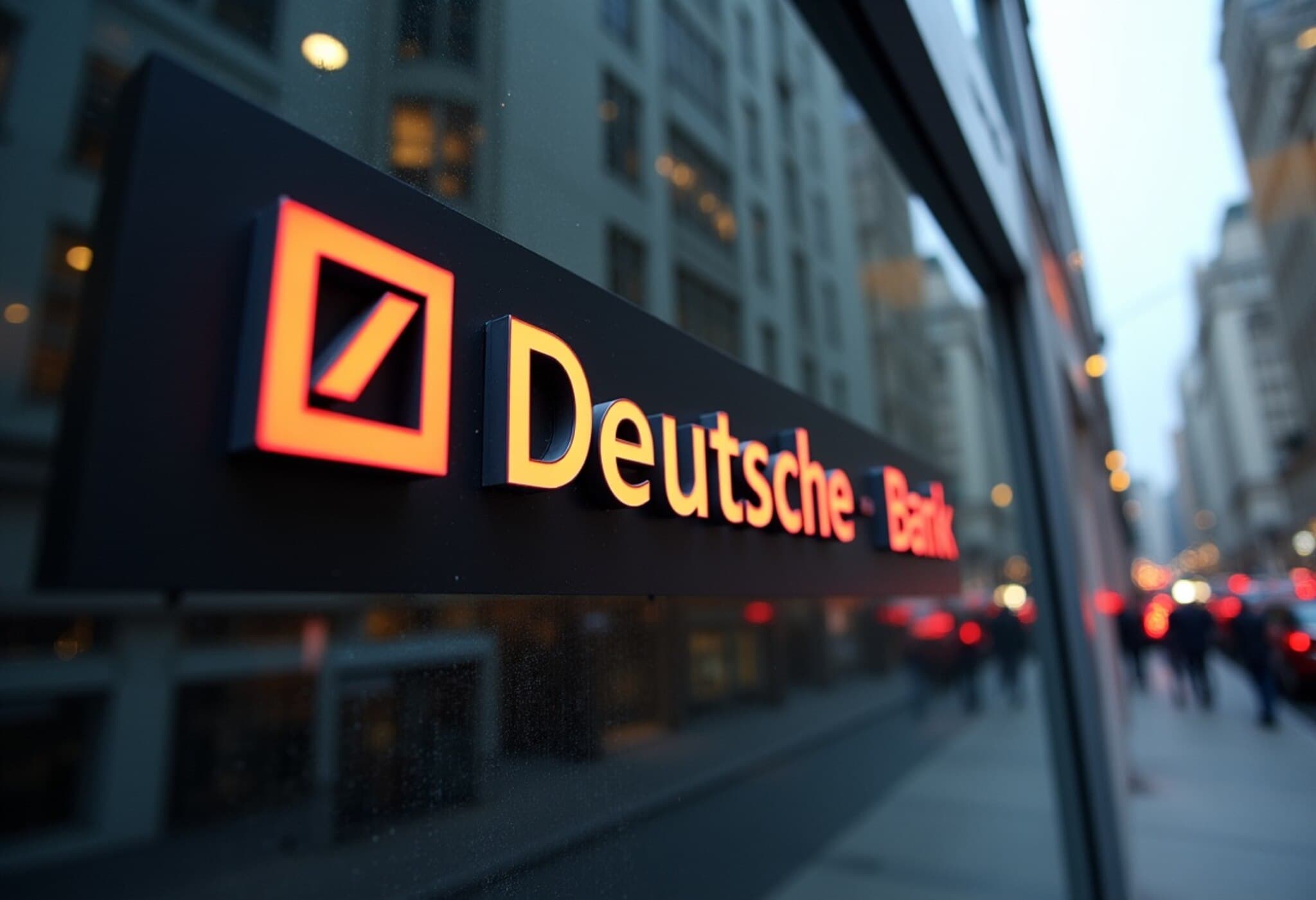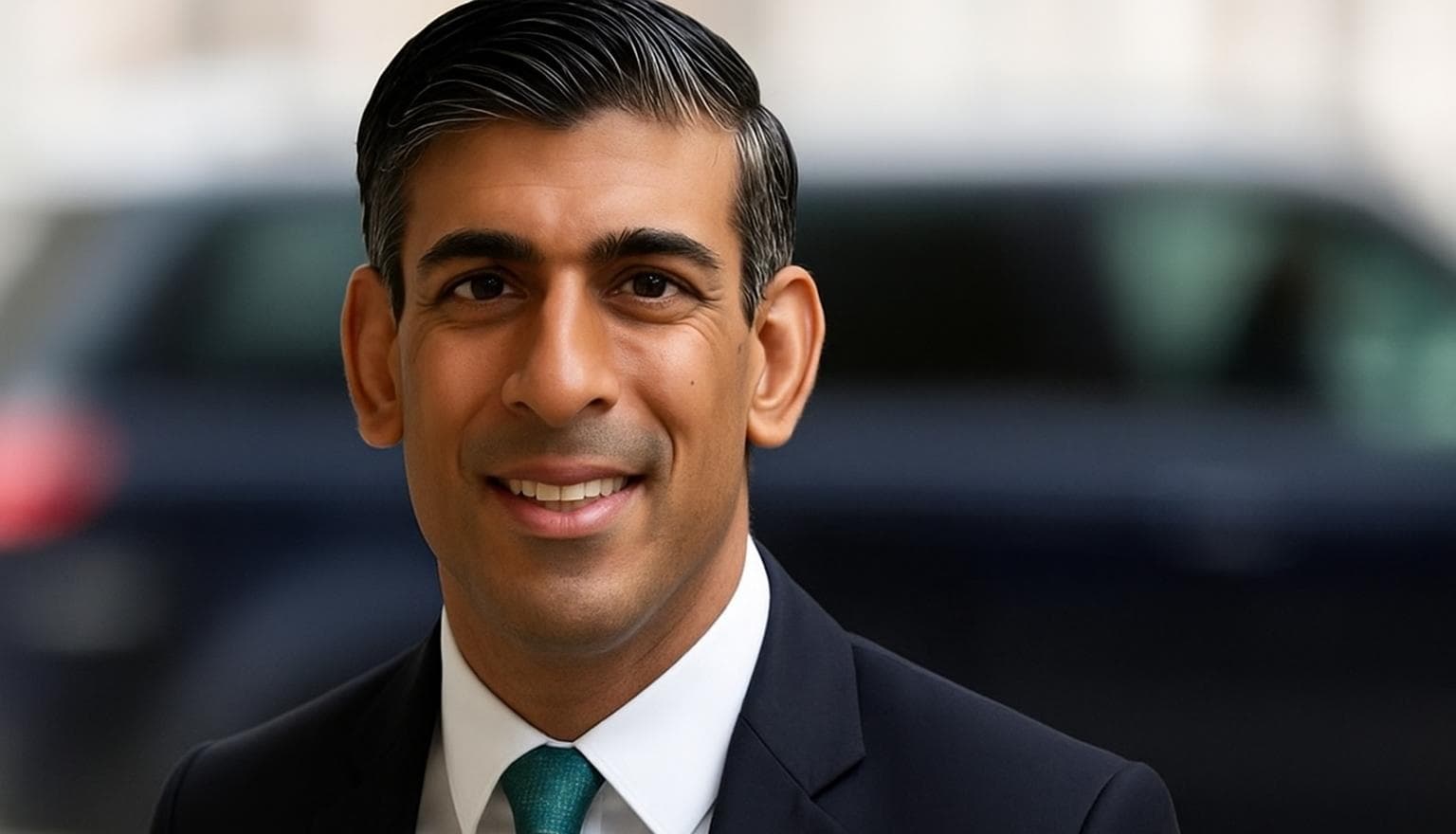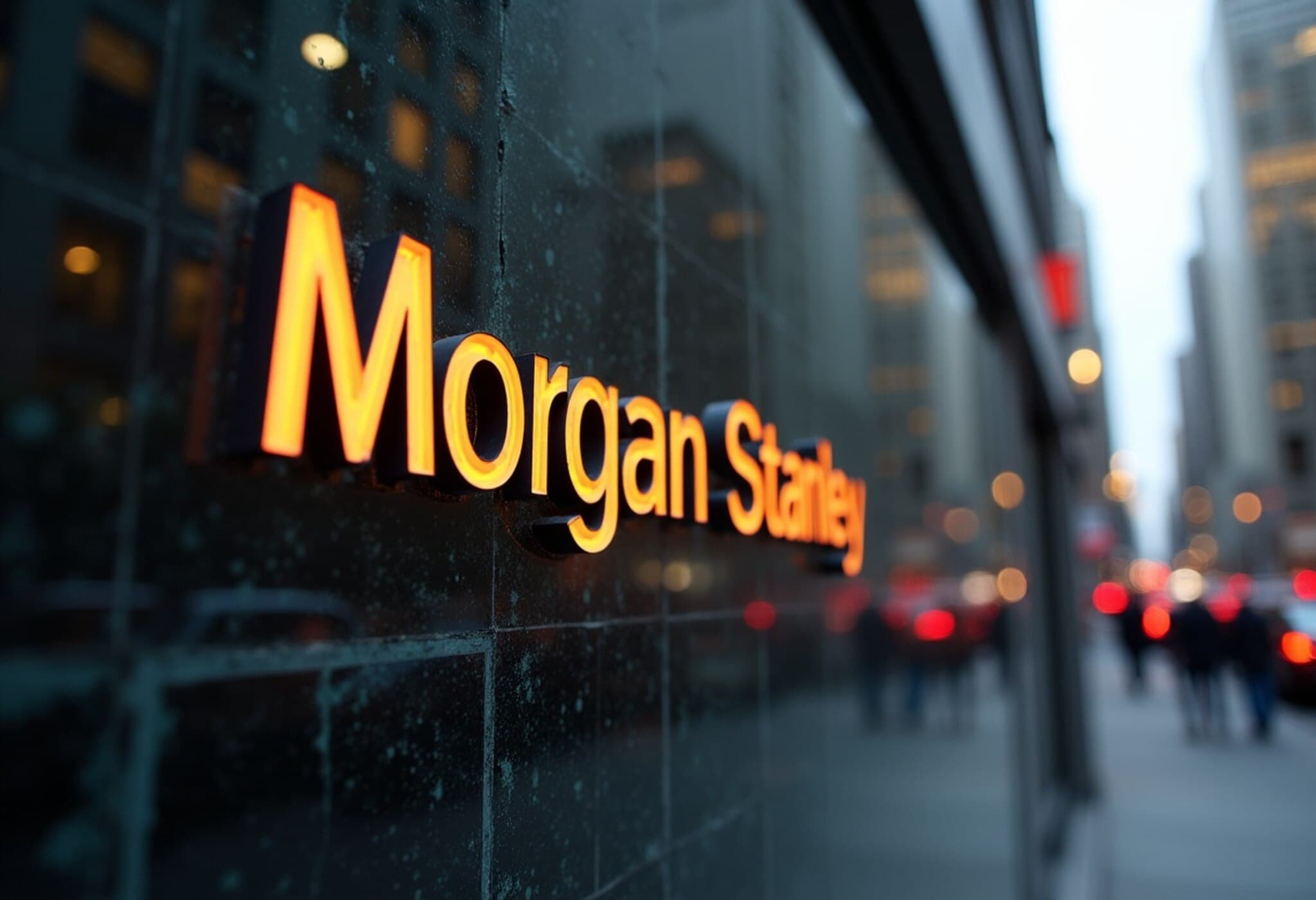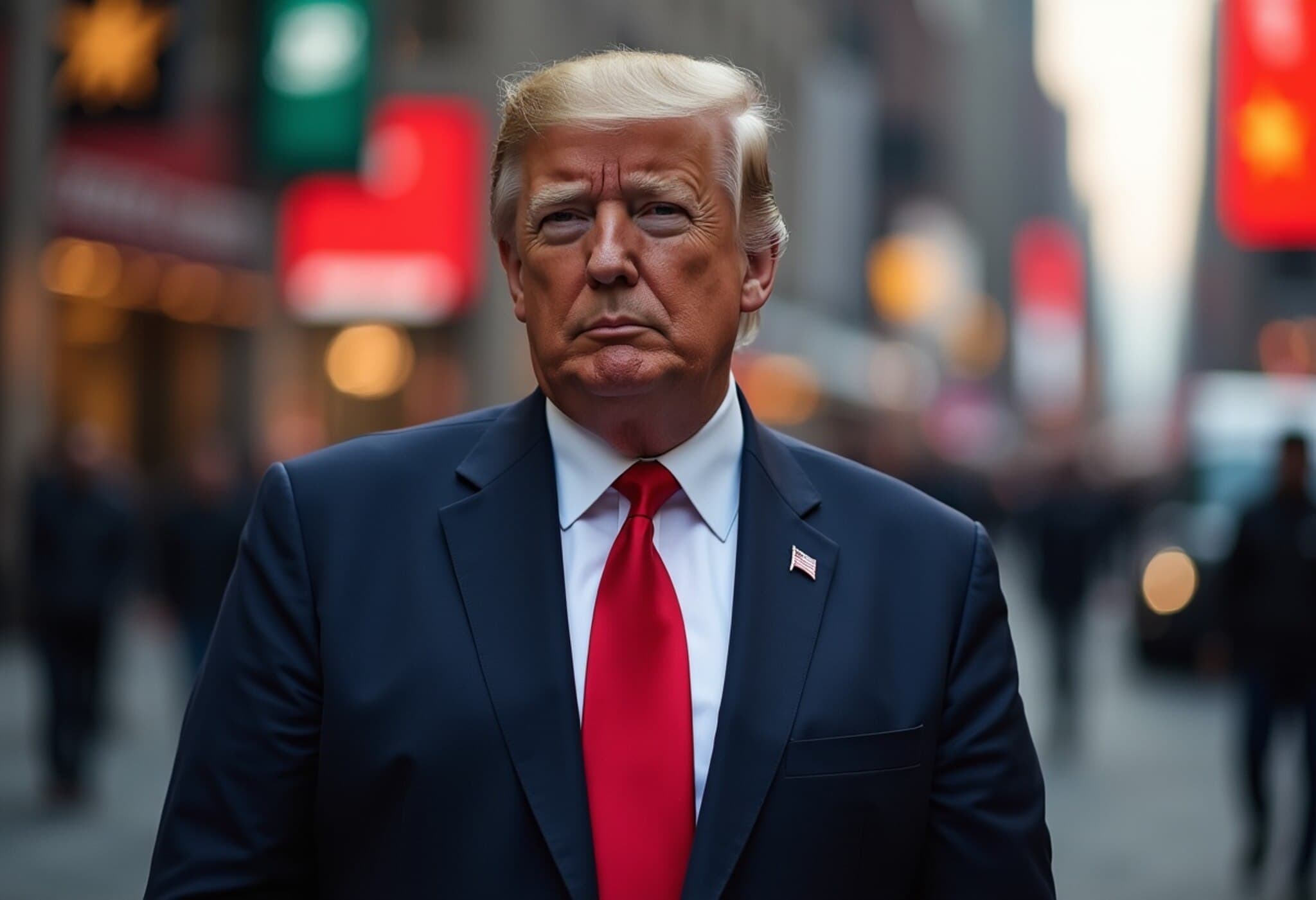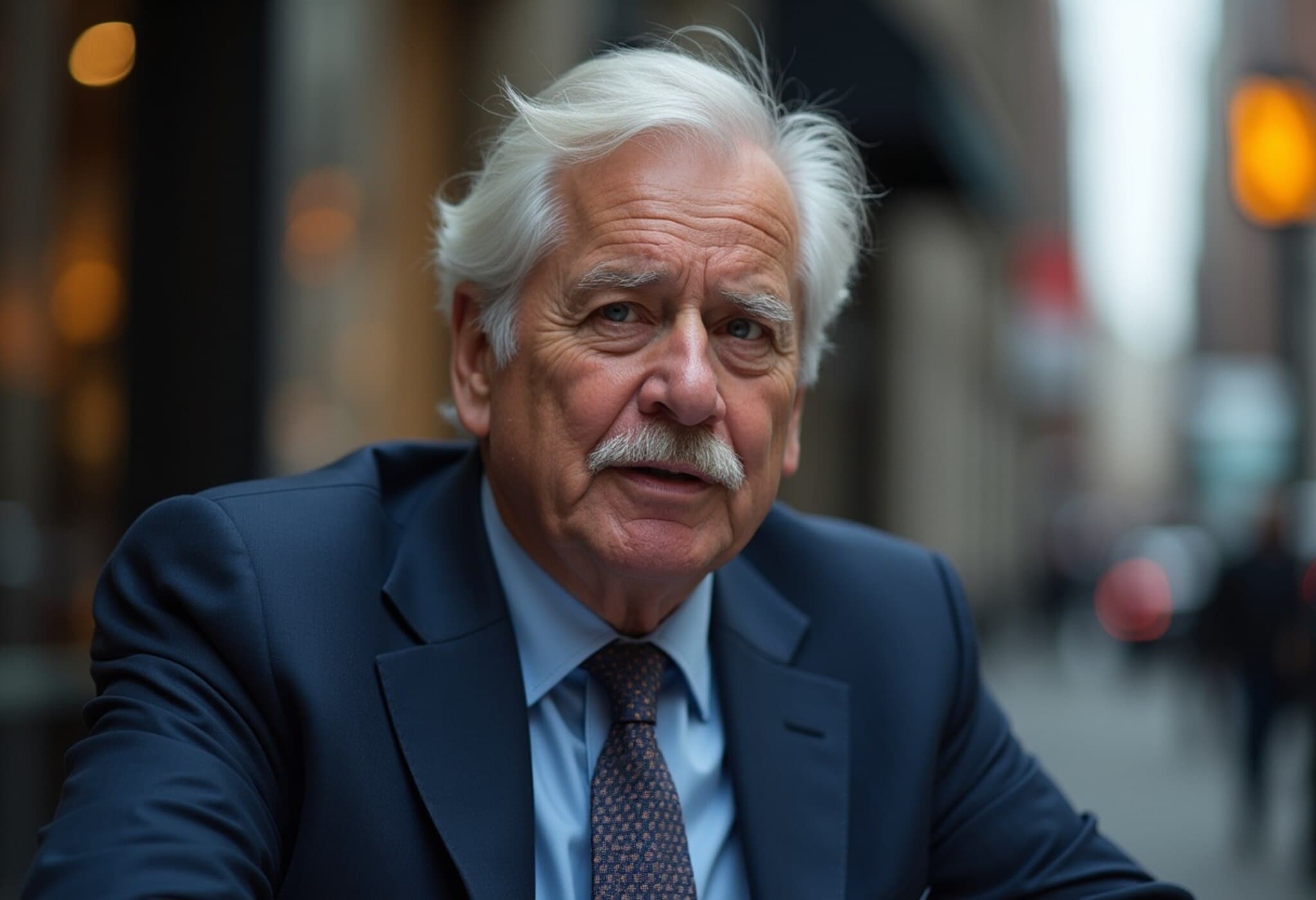Citigroup Outshines Expectations in Second Quarter with Robust Earnings
Citigroup's Q2 earnings report, released Tuesday, paints a picture of resilience and strategic growth, with the banking giant surpassing Wall Street’s forecasts amid volatile markets. Posting a remarkable 25% increase in net income to $4.02 billion year-over-year, Citigroup has captured investors’ attention, pushing its shares up by over 3% in after-hours trading.
Strong Revenue Performance Across Business Segments
The bank delivered total revenue of $21.67 billion, exceeding the anticipated $20.98 billion. This growth was fueled by impressive gains in both markets and banking divisions:
- Markets Revenue: Up 16% from Q2 of the previous year, with equity revenue specifically rising 6% compared to last year and 7% sequentially from Q1.
- Banking Revenue: Increased by 18% year-over-year, despite challenges posed by loan hedge losses.
- Services Segment: Continued to shine as the bank’s "crown jewel," with an 8% revenue uptick highlighting its high-return potential.
CEO Jane Fraser expressed optimism about the bank’s trajectory, stating, "We’re improving the performance of each of our businesses to take share and drive higher returns. Markets had its best second quarter since 2020, underpinning our momentum.”
Volatility: A Double-Edged Sword Turned Advantage
The turbulent financial landscape beginning in early April—marked by increased volatility—has traditionally posed risks but has also offered lucrative trading opportunities. Citigroup capitalized on this environment, benefiting notably in equity and fixed income markets. Fraser noted candidly during an analyst call, "Volatility is going to, I suspect, be a feature not a bug of the new world order, and we will benefit from that." This insight highlights the bank’s strategic preparedness to navigate uncertain markets profitably.
Challenges: Rising Credit Costs and Economic Uncertainty
However, not all indicators were positive. The cost of credit rose by 16%, driven partly by a larger allowance for credit losses amid a more cautious economic outlook. While Fraser acknowledged that the overall conditions are "more resilient than expected," she also signaled caution, citing a slowdown in client hiring and capital expenditures—an early warning sign of potential headwinds ahead.
Strategic Transformation and Future Outlook
Continuing a significant restructuring push, Citigroup has been retrenching from select international markets, including a pullback announced in June. Despite these shifts, Fraser refrained from providing new updates on the anticipated initial public offering (IPO) of the bank’s Mexico unit, which remains a notable point of interest for investors.
Looking ahead, Citigroup lifted its full-year revenue projection to $84 billion, tapping the upper limit of its earlier guidance range. The bank is also exploring the adoption of new technologies to streamline operations and enhance client experiences.
Market Performance and Shareholder Returns
Citigroup’s stock has outperformed its universal banking peers in 2025, with a 24% gain year-to-date and a striking 38% surge since mid-April. This market confidence was further buoyed by a quarterly dividend increase to 60 cents per share, post-Federal Reserve stress test approval, reflecting the company's robust capital position.
Expert Analysis: Navigating Volatility with Strategic Agility
Citigroup’s quarterly beat underscores a larger trend in banking where agility amidst uncertainty is rewarded. As markets face ongoing global economic shifts, banks that leverage volatility strategically, as Citi has done, gain a competitive advantage. For policymakers and investors alike, the emphasis should be on monitoring credit quality closely, given the uptick in credit costs.
Moreover, Citigroup’s decision to exit certain international markets reflects a broader recalibration in global banking strategies, where concentration on core markets can drive sustainable profitability.
What to Watch Moving Forward
- The trajectory of global economic indicators affecting credit costs.
- Progress on Citigroup’s transformation plans and updates on the Mexico IPO.
- How sustained market volatility will influence trading revenues in the coming quarters.
- Potential impacts of technology adoption on operational efficiencies and customer engagement.
Editor’s Note
Citigroup's latest earnings report highlights a bank adapting deftly to a world where volatility is the new norm. CEO Jane Fraser’s remarks provide a prudent recognition of challenges ahead, balanced by a confident embrace of opportunities in trading and strategic realignments. Investors and analysts should remain attentive to credit risk trends and the bank’s international restructuring moves. The evolving financial landscape rewards those who not only endure change but actively anticipate and capitalize on it. This report is a compelling case study in such adaptive financial leadership.






